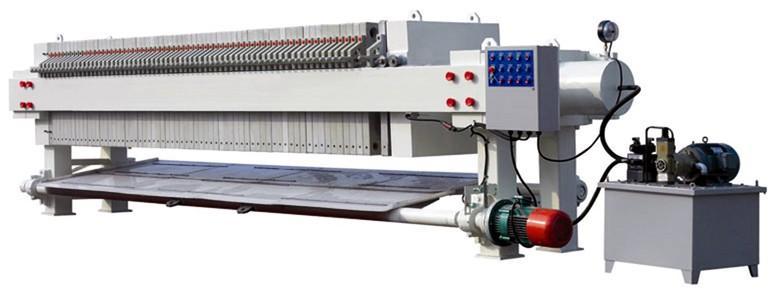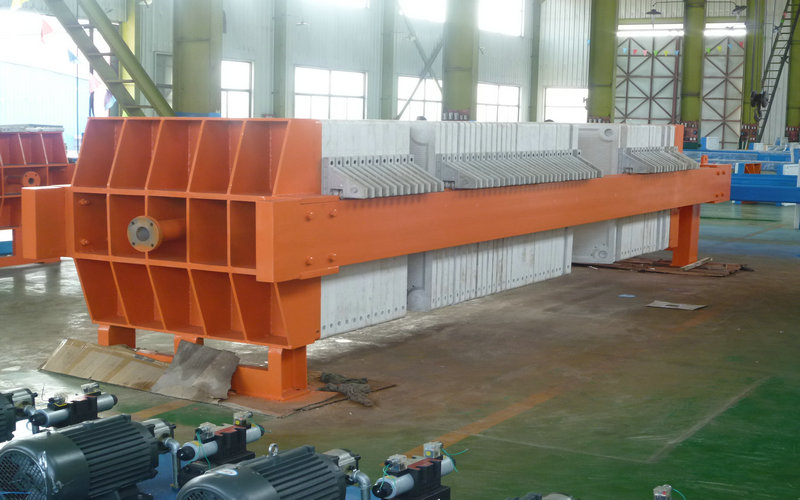The Chinese auto market is not only attractive to foreign automakers, but also a gold rush for multinational auto parts companies. Last week, another giant multinational component company set up a joint venture company in China and did not accidentally adopt an absolute control. Under the impact of foreign-funded parts and components companies, the “glass ceilings†that Chinese local parts companies broke out of became even more pronounced. Foreign capital accelerates expansion Last week, Magneti Marelli announced that it has signed a joint venture with Anhui Jianghuai Automobile Co., Ltd. (hereinafter referred to as "Jianghuai Automobile") and Hefei Lingdatang Group Asset Management Company (hereinafter referred to as "Lingda") and will be produced in China. Automotive exhaust system components. The new company was named Hefei Marelli's Exhaust System Co., Ltd. Magneti Marelli will account for 51% of the shares, while Chinese Jianghuai Automobile and Lingdatang will hold 37% and 12% respectively.
Sugar Syrup Plate Frame Filter Press are among the most versatile of all liquid/solid separation unit operations. They adapt easily to variations in feed concentrations, particle size and other physical properties, delivering very dry cake and high solids capture with low chemical conditioning costs.
Features
Long service life
Excellent operator efficiency
Resistant to corrosion and abrasion
Trouble free performance
Press Types
(1)Plate and frame
(2)Recessed chamber
(3)Membrane chamber
Sugar Syrup Plate Frame Filter Press Sugar Syrup Plate Frame Filter Press,Sugar Syrup Filter Press,High Temperature Filter Press Hebei TianGuan Filter Press Co., Ltd. , http://www.filterpressure.com
The joint venture will be engaged in the development, design, manufacture and sales of motor vehicle exhaust systems, including intake pipes, exhaust pipes, catalytic converters and silencers. At the same time, it will also provide technical advice, assistance and other after-sales services to automobile manufacturers in the Chinese market.
The plant in Hefei, Anhui Province, is expected to be put into operation in early 2013. After the plant is fully put into production, it is estimated that the annual output will reach more than 900,000 pieces.
Magneti Marelli is a company owned by Fiat Auto. Since entering China in 1996, it has established joint ventures and wholly-owned companies in several cities in China, including a joint venture with Shanghai Automotive Transmission Co., Ltd. (SAGW) in Jiading, and Wanxiang. Qianchao established a joint venture company for production of shock absorbers and a joint venture company for automotive power systems jointly with Changchun Fudi. In Guangzhou, Wuhu and Changsha, there are factories for electronic systems, lights and power systems, and exhaust systems, as well as factories for power systems and emissions systems in Shanghai.
Different from the joint venture vehicle policy, foreign investment in auto parts and components in China has no shareholding limit. The rapid development of China's auto market has brought unlimited business opportunities to the related parts and components industry. Therefore, foreign-funded enterprises have come one after another.
Relevant statistics show that in recent years, the number of newly approved foreign-funded auto parts enterprises in China has exceeded the number of joint ventures. Multinational auto parts companies have brought capital, technology, and management for the development of China's auto parts industry, but they also have a significant inhibitory effect on the ability of local companies to innovate in technology.
According to statistics, in the key areas of high-tech and core technologies, such as automotive electronics and engine parts, foreign-controlled market share is as high as 90%. Bosch, Denso, Delphi, modern Mobis and other multinational companies occupy an important position in China's auto parts market.
The current status quo is that due to the lack of independent research and development capabilities and core technologies, Chinese self-owned brand parts and components can only use resources and cheap labor to gain market share. Many multinational component companies have come to China to develop, mainly because of the potential of emerging markets. The profit rate is higher than that of mature markets, and the growth rate of profit rate is also higher than the growth rate of sales.
According to the statistics of the Ministry of Commerce in 2010, the proportion of foreign-funded enterprises in the production of automotive EFI systems, engine management systems, ABS, micromotors, and airbags was 100%, 100%, 91%, and 97% respectively. 69%.
Domestic car companies pressure
Due to the lack of competitiveness of domestic auto parts manufacturers in the higher-margin high-end products, when the auto market has a demand fluctuation, the operating results are directly affected.
Dong Jianping, deputy secretary-general of the China Association of Automobile Manufacturers, pointed out not long ago that foreign-funded parts and components companies are actively developing low-cost products while maintaining a slowdown in the economy, shrinking consumption, and a general downturn in the market. Constantly expanding to the low-end market, so the contradiction is more exposed.
According to the financial data of the top 20 automotive parts and components listed companies in the first three quarters of this year, most of the 20 companies in the first three quarters of this year have increased their revenue and net profit, but their overall revenue and net profit Both declined. The revenue of the 20 companies fell 3.7% year-on-year to 168.855 billion yuan, net profit fell by nearly 20% (19.4%) year-on-year to 9.649 billion yuan; the average net interest rate was 5.7%, down 1.1 percentage points year-on-year.
“The domestic parts and components companies have not made significant progress together with the blowout of the Chinese auto market. The key reason is that local auto parts companies do not pay attention to the input of technical forces. Many companies see the development of automotive-related technologies too simple. It is easy, this is actually a misunderstanding of local auto parts companies in recognition,†said Dong Jianping.
Unlike traditional parts, the imitation of electronic components is relatively difficult, and many key technologies have been controlled by foreign companies. With the intensification of competition, China's self-owned brand parts and components companies are facing more and more challenges. How to achieve technological innovation and breakthrough is a common problem faced by China's own branded parts and components companies.
Now, domestic domestic competent spare parts companies have begun to look beyond the international market. They hope that companies with strong technical forces in Europe and the United States will face mergers and acquisitions when they face financial difficulties, such as the recent acquisition of A123 by the Wanxiang Group. Although he did not finally get his wish, at least he had already realized the necessity of going out to solve the problem.
In this regard, Dong Jianping suggested that domestic parts and components companies should invest in foreign companies and should choose companies with better growth to cooperate. The methods are varied. They can participate in shares, control and buy the entire company.
(1)
(2)
(3)
(4)

